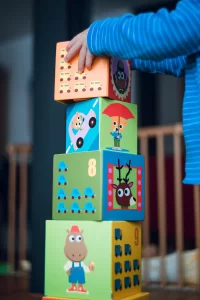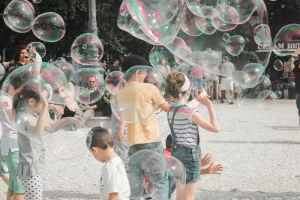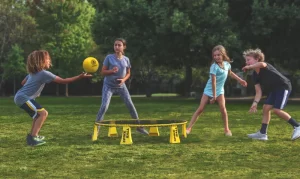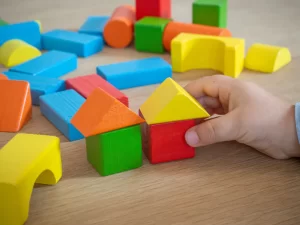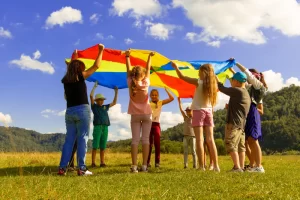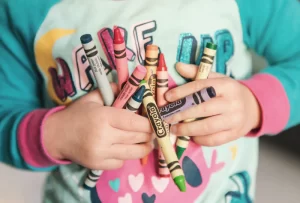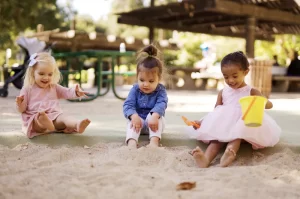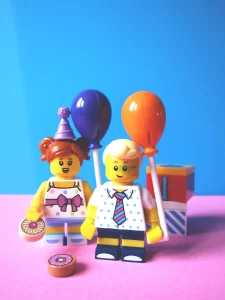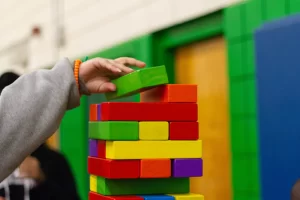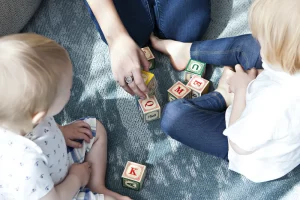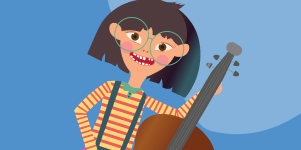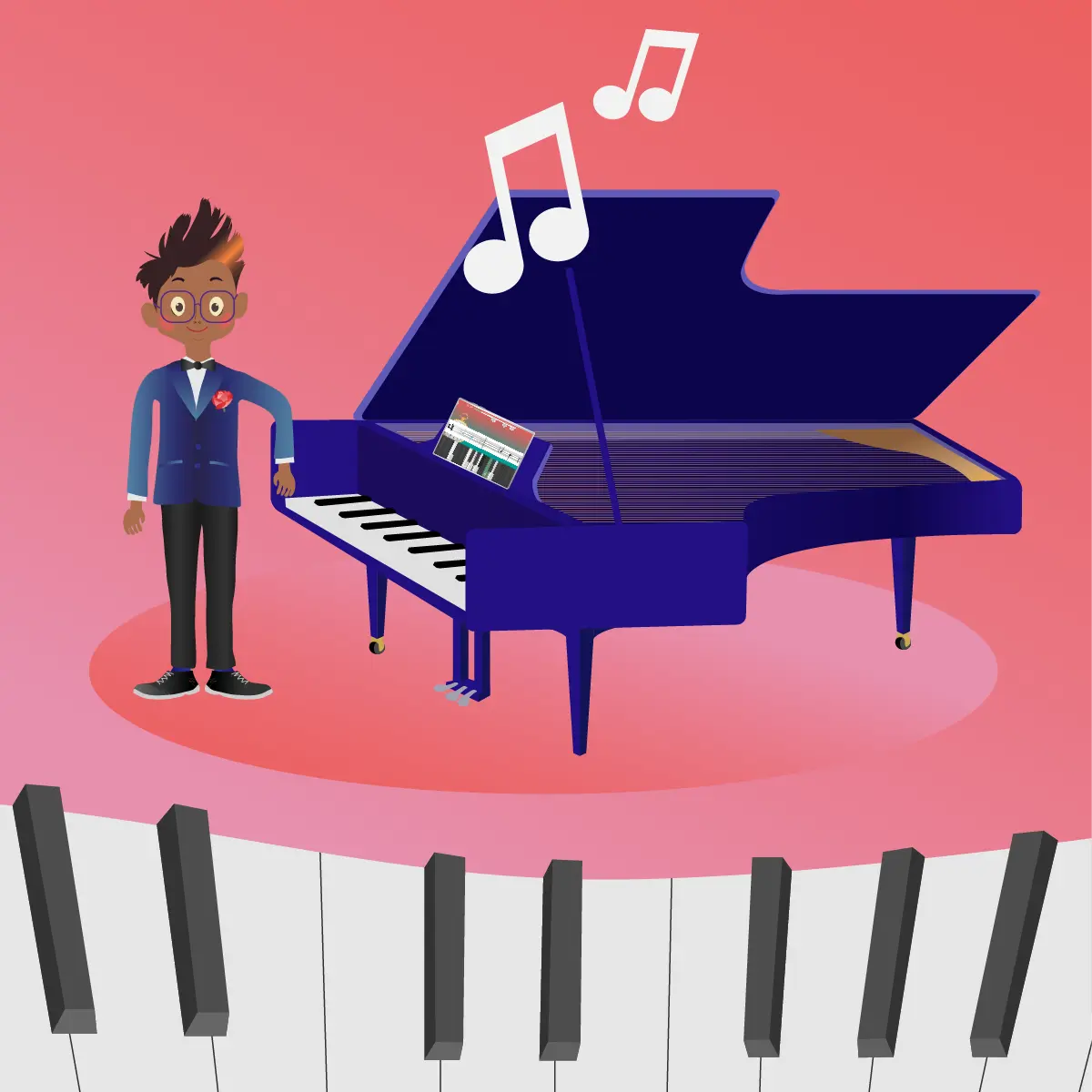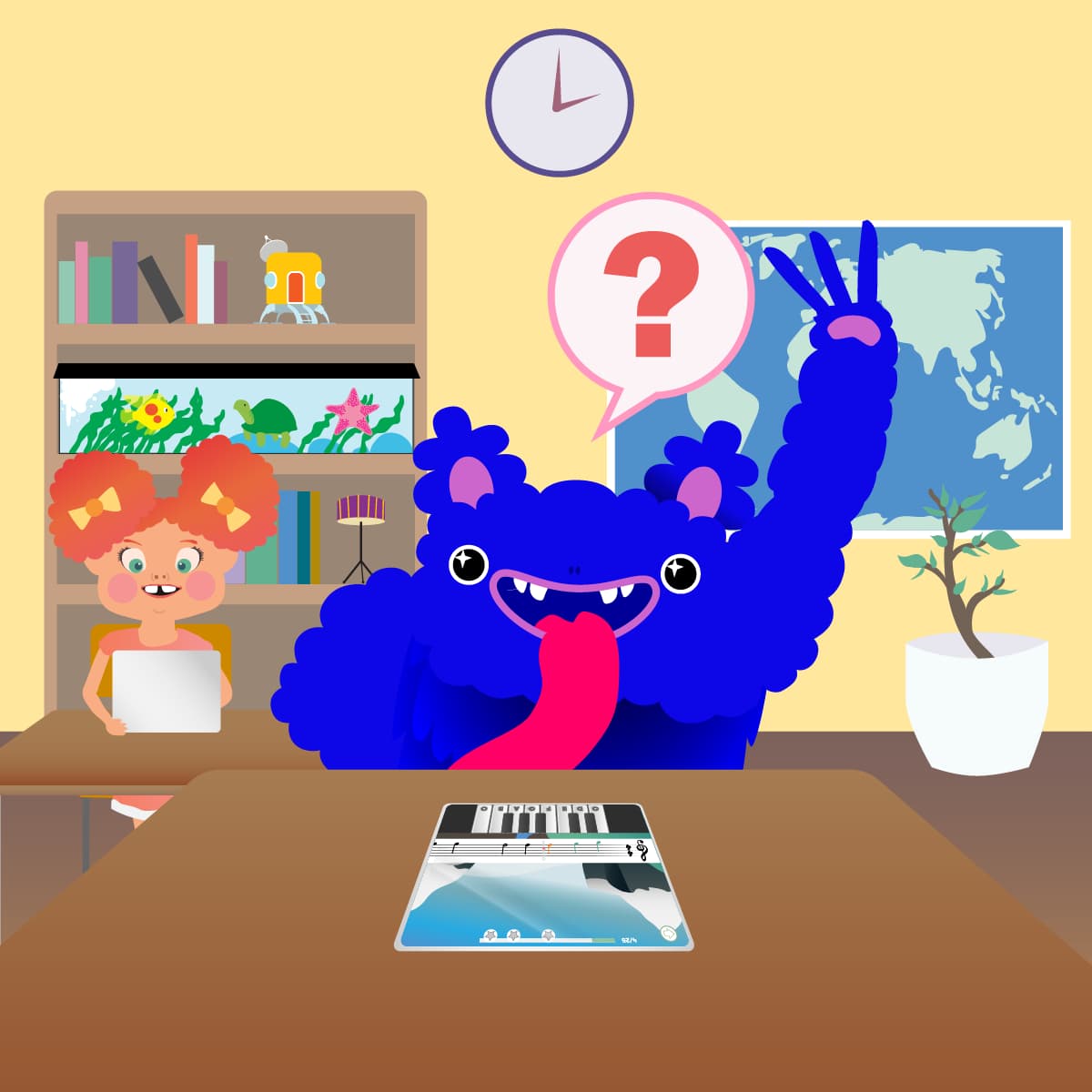By Arctic Meta,
All work and no play makes Jack a dull boy. Apparently, it doesn’t just make him dull; it also greatly impairs his ability to retain information. Play is fundamentally one of the most important elements of any education for children. From the moment they are born until they finally enter adulthood, play is what helps kids develop and understand the world around them.
Although it is a normal part of childhood, play is often overlooked as an important tool for education. There’s sometimes a tendency for educators and parents to think that learning and play are two separate entities that shouldn’t really be mixed. However, studies have shown that the more elements of play are added to a child’s education, the better their retention of information is, and the more likely they are to become well-adjusted, self-actualised members of society.
So how do kids actually learn through play? What are the benefits? How can parents and schools capitalise on learning through play? Read on to find out more.
What is Learning Through Play?
Kids actually learn through play from the moment they begin interacting with their parents. A simple game of peek-a-boo, for example, helps them learn about spatial awareness, sounds, the element of surprise and facial recognition. Play is one of the most important elements of early development and helps them to get a firm grasp on a lot of their growth milestones.
It assists young brains in developing a multitude of skills like problem-solving, language and communication skills and motor skills. Playing is how kids first begin to understand their environment and their relationship to it. It’s widely understood that if children aren’t allowed to play, their developmental journey could be stifled or halted altogether.
The process of learning through play takes the joy and discovery that makes playing so fun and incorporates specific tasks or elements designed to exercise or strengthen skills.
What is Meaningful Play?
The term ‘Meaningful Play’ is about making kids active participants in the learning process. As stated earlier, kids automatically learn while they are playing, but when they are participating in meaningful play, there’s more going on than they might realise.
In Meaningful Play, kids are given more choice about what specifically they would like to do, and it takes place within an environment where they are encouraged to take risks and make mistakes. Meaningful play is supposed to be fun and allow for a more spontaneous approach, but there’s always an aim to find something in their play choices to help educate them.
How Does Learning Through Play Help Children?
Brain development begins incredibly early. It’s believed that around 80% of the physical development of the human brain is completed by the time a child is about three years old and 90% by age 5. With this in mind, it’s definitely not a great idea to wait until a child begins school for them to start learning.
Play is integral to the long term health and well-being of a child, and it’s also one of the easiest ways to get them to learn important foundational skills and functions. It has also been shown that when children engage in learning through play, their overall performance and even salary as adults will surpass that of kids who don’t.
What Are the Advantages of Learning Through Play?
Apart from the fact that learning through play is more fun, there are actually a number of incredibly positive advantages.
Children Need a Breadth of Skills
The scope of what kids actually need to learn before and during school is changing at an incredibly fast rate. Most parents today can remember the sheer amount of information that needed to be memorised in school and how much of that information came from old textbooks or the good old Encyclopedia Britannica. Today and in the future, this just isn’t necessary.
Remember when teachers used to say that it was incredibly important to memorise all the multiplication tables because people wouldn’t be walking around with calculators in their pockets? Well, they were certainly wrong about that one.
Learning multiplication tables or important dates for events are still skills worth having, but there are also a lot of other skills kids will need to be successful in the future that their parents might still be grappling with now.
Things like creative problem solving, innovation, critical thinking and communication are all going to set people apart from their competitors in the future, and a great deal of these skills can be strengthened by learning through play.
Develops Effective Communication Skills
Listening, speech and language are all essential building blocks for effective communication, and while kids play, they are exercising all of these skills. Even when kids are playing make-believe, they are still communicating organised ideas.
They can’t exactly set up their imaginary doctor’s surgery without negotiating which one of them gets to be the doctor and which one is the patient. They also have to establish things like the time of day, the imagined confines of the space they’re in, and ultimately their pretend condition and treatment.
Learning through play can create multiple opportunities to exercise language skills while also learning new vocabulary. Effective communication comes from practice, and learning through play provides ample opportunities for this.
Play Develops Social Skills
Most adults forget that learning to coexist with others in a harmonious manner wasn’t something that happened naturally; it was learned. Social skills are often first formed in the playground. Kids need to learn concepts like waiting their turn, asking for permission and sharing.
Through play, they learn and strengthen all of these skills as well as things like negotiation, collaboration and conflict resolution. Good social skills don’t just help children grow up to be productive members of society, it can also help them to earn more later in life.
Play Develops Cognitive Thinking, Critical Thinking and Motor Skills
In an era where people are subjected to a plethora of articles that could be filled with disinformation at any given moment, critical thinking is fast becoming an essential skill to develop for the future.
Critical thinking is the ability to take information and make sense of it. It’s about being able to see the context the information is in and apply it depending on the current environment. It’s also about looking beyond just the information being relayed and asking questions like, ‘Who is this information coming from?’ and ‘Why are they choosing to deliver the information in this way?’
Critical thinking is mainly controlled in the front of the brain. This area is also responsible for attention, control, memory, flexibility and risk assessment. Play helps to exercise and reinforce critical thinking because children are constantly needing to assess and process what is happening.
Physical play is also excellent for developing fine motor skills. Things adults take for granted, like the ability to hold multiple things at once, walk in a straight line or even just open a door, are all things that are learned over time.
Play Develops Confidence
Not everyone is the most confident person on the planet, and it’s not necessary to be either; however, there is a certain level of confidence needed to be able to function as a human being.
Without confidence, kids wouldn’t be able to take risks, which, although that normally sets off alarm bells in parents, it’s actually necessary to help them understand the world they live in. Strengthening confidence is one of the best outcomes that naturally occurs through play.
For babies, almost all their confidence comes from caregivers; over time, kids see them as more of a safe haven to base themselves from but begin to explore and learn further away from the metaphorical nest. This is all enhanced by learning through play as it gives kids the freedom to experiment and learn which situations they feel confident in and which ones they would like to gain confidence in.
Play Inspires Creativity
Creativity is one of the magical advantages of play that happens when a child has fully exercised their critical thinking and skill development to make something new, something that came from them.
Most kids start showing their ability to create independently around age 2, and this is largely through pretending. This might just seem like fun, but the more creativity a child can unlock throughout their formative years, the better they will be set up for the future. Many economic experts are predicting that the future will bring a massive need for innovation and creativity in most industries, and those with a healthy creative mind will be better suited for the job market.
Play Encourages Relationship Development
Relationship development could be viewed as just another element of social skills, but it’s actually fundamentally important enough to be its own milestone. It’s important for children to learn how to coexist with each other, but it’s perhaps even more important for them to learn how to form and maintain friendships and relationships.
Children who learn to have good relationship development skills tend to keep this throughout their lives, which normally leads to a better ability to network, communicate and ultimately feel like they belong.
Is Learning Through Play More Helpful to Young and Preschool Children?
There isn’t any definitive evidence to state that learning through play is more beneficial to young learners than it is for older ones. Even adults can benefit from play elements when learning or refining skills. For example, when learning a new language, it has been shown that role plays are an effective tool for helping students experience practical examples of vocabulary, grammar and syntax, regardless of their age.
How Can Teachers Support Learning Through Play?
The easiest way for teachers to support learning through play is by recognising the vital role that playing has in the development of children. They can incorporate it into curriculums and look for opportunities to bring out the elements of play in multiple areas within the classroom.
Conclusion
It’s clear that the way children learn has been changing and will continue to change for the foreseeable future. Advances in technology have enabled parents and educators to make the absolute most out of the learning experience, and a part of that is to understand that play and learning through play are not just great tools; they are vital for development.
Rethinking the approach and attitude towards play will only help strengthen the quality of education children receive and ensure that they are the most employable they could possibly be in a future that will be both vastly different from now but also incredibly exciting.


